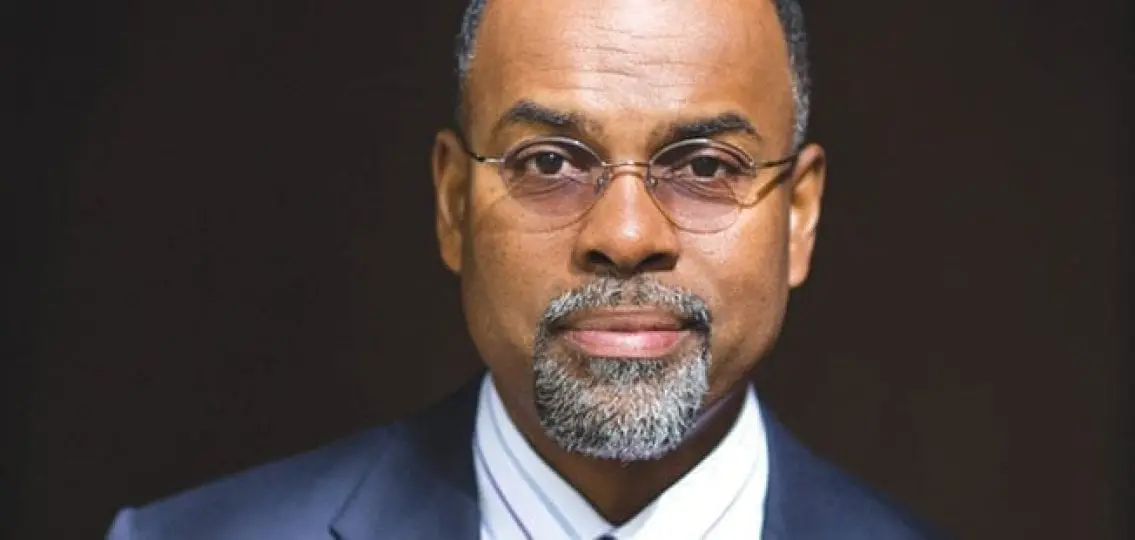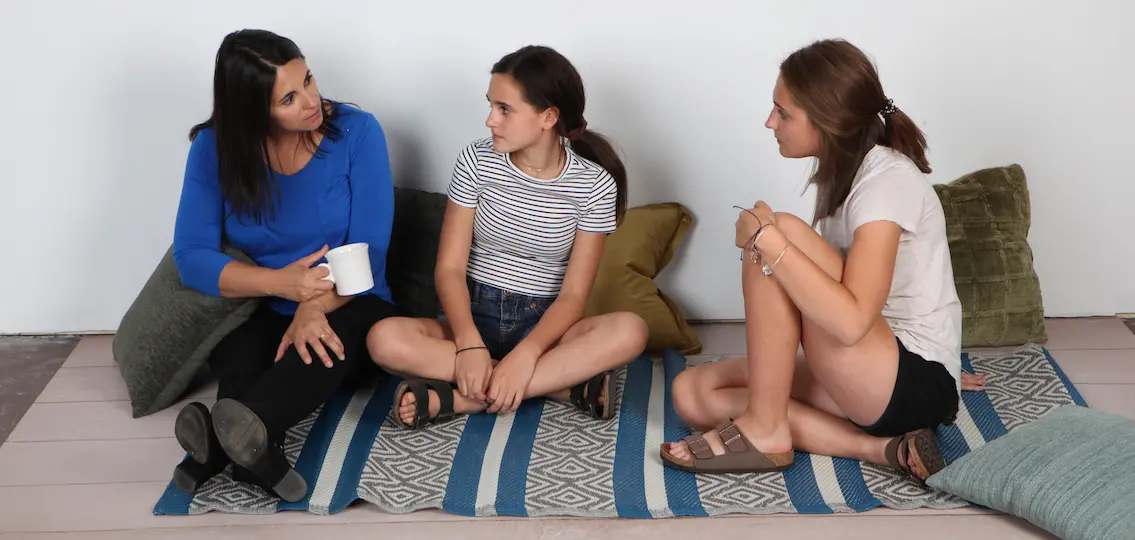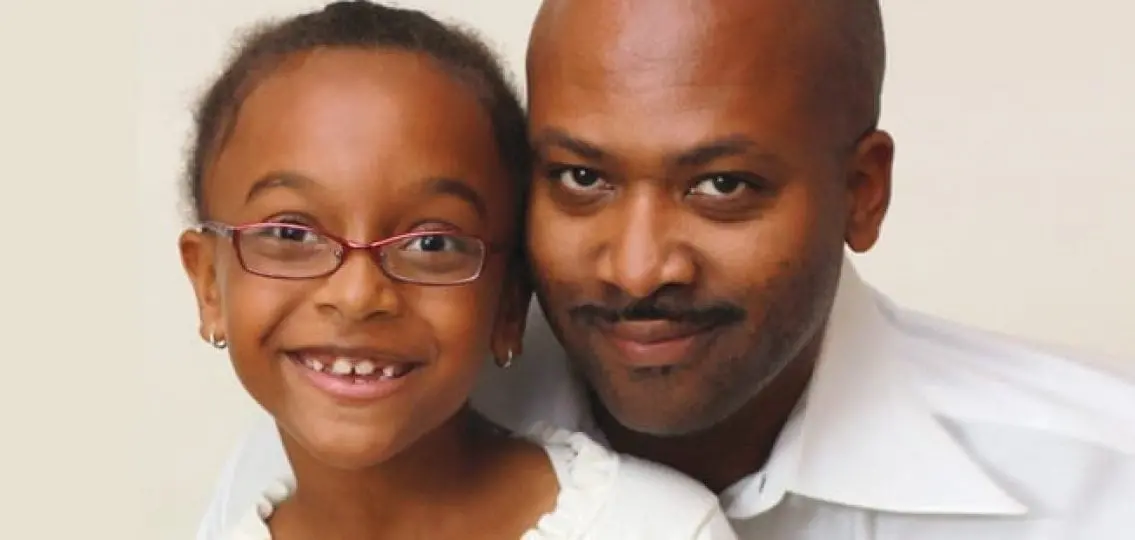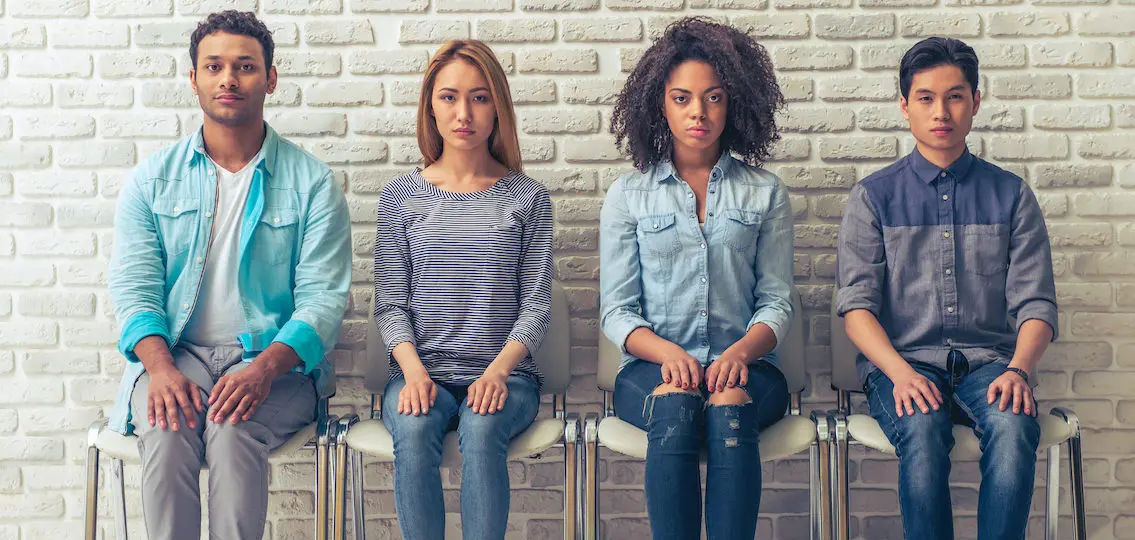Catherine Pearlman, a social worker, parenting coach, and author, was surprised to hear that white kids in her community and around the country are casually using a racial slur. Here, she tells her story and shares expert advice about how white parents can talk to their kids about this issue and more broadly about race. Don’t miss the accounts of her teenage son, Emmett, who is white and first brought this to Pearlman’s attention, and her teenage nephew, Isaiah, who is Black and has been hurt by other teens’ use of this racial slur.

 PARENT | Catherine Pearlman
PARENT | Catherine Pearlman
My 13-year-old son came home and said, “Mom, kids use the N-word at my school.” As a white parent of white kids, I wondered how often this occurs and in what kind of situations. I assumed it was probably only repeating song lyrics. I was wrong.
Instead, I learned that a white boy casually uses the N-word to greet his friends at the lunch table. Another white child passes around a meme that uses the N-word in place of the moniker “Bro.” These kids are repeating what they hear in music and see online, and they see little connection to the racist roots of the word. They may think the N-word has been rebranded and that there can’t be any harm if white kids use it casually. But they’d be wrong—there is a whole heap of harm in it.
Why It’s Bad to Use the N-Word
When Rahma Asiedu’s 11-year-old son, Hayaat was playing football at school, one of the boys said, “I’m not going to give you the ball, [N-word].” Asiedu immediately went to the principal. The other boy and his friends admitted what happened, but the principal did nothing to hold the boys accountable. After Hayaat’s mom wrote a letter to the school superintendent, she received a letter of apology from the boy a few months later.
In their Orange County, California, town, fewer than 2% of the students in the school system are Black. “Around here,” says Asiedu, “they just don’t see a lot of Black people, so they don’t understand the problem with it. They think it’s okay.” The bigger issue for Asiedu is that she doesn’t want her son to internalize the hateful messages of the N-word and lose self-esteem. “It will make you feel like you aren’t worth it, or you shouldn’t do well in school,” says Asiedu. “If you instill in him, he’s the N-word, you have already killed his soul. There is no growing.”
Throughout history, this slur has been used to degrade and humiliate Black Americans.
Research shows that the scars of racism are passed down through generational trauma, causing negative health outcomes, increased anxiety, depression, difficulty concentrating, and low self-esteem. The N-word carries the weight of this history.
Hearing the N-word repeatedly is like a punch to the gut that permeates the child’s psychological and emotional health, says Riana Anderson, Ph.D., an assistant professor of psychology at the University of Michigan School of Public Health. “Sometimes we don’t see a punch as anything impactful ” says Anderson. “But understanding the layers under the skin that may be impacted, the bruising, the psychological stress of flinching every time the stress comes. Just because it happens a lot, doesn’t mean it doesn’t bruise.”
Why Kids Use the N-Word
Yasmin Idris, Asiedu’s 17-year-old daughter, believes kids do instinctively know that the N-word is problematic and hurtful, but they say it anyway. Kids in high school use the N-word as a greeting and on social media—perhaps in an attempt to earn “street cred” or popularity. “I feel like they know it’s wrong,” says Idris. “And because they know it’s wrong, they are using it to seem cool with their friends. They don’t really understand the complexity.”
Idris explains that some of the kids at school talk of a “pass” that is supposedly given by one Black friend to allow a white child to continue to use the N-word. “If they have approval from one Black person,” Idris says, “they think they can say anything they want, which is ridiculous, because not all Black people stand for the same thing.”
But I Hear Black People Saying the N-Word…
In many ways the N-word has been reclaimed by the Black community as a term of familiarity. Black filmmakers such as Spike Lee and rappers like Tupac Shakur (his second album is called “Strictly 4 My N.*.*.*.*.Z”) have used the N-word in song and conversation among other Black people. While it is common colloquially, it is still controversial in the Black community, and not everyone is on the same page. The bottom line is that regardless of whether you hear people of color using the N-word, there is no acceptable reason for a white person to use the term.
We Can’t Ignore Race
In an effort to push discrimination and prejudice out of the minds of children, some white parents believe that if they avoid discussing race, their kids will be colorblind. But noticing race is natural: There is a myriad of research that shows infants as young as six months old can identify differences in race. Additionally, by the age of 4, children have negative associations and biases with particular races. When parents try to take a “colorblind” approach, this can preclude discussion about race. Children learn that for some reason race isn’t discussed, and then don’t ask their parents questions that typically occur to kids—such as why people have different color skin or, later, why people of different races tend to live in different parts of a city or region.
“With colorblindness comes a silence about race and racial justice,” says Brigitte Vittrup, Ph.D., a professor of developmental psychology at Texas Woman’s University. “As a white person you can live your life without addressing race, but you aren’t doing anything to move society forward.” Furthermore, Vittrup believes parental silence leaves kids to figure out complicated racial socialization on their own.
Most white parents who are trying to raise colorblind children have good intentions.
They worry that talking about race exacerbates prejudices, and they believe that children will be less biased if less attention is paid to race. But it’s not that simple.
Children are inevitably exposed to images and experiences that incorporate racism and racial inequality. For example, says Vittrup, “the principal is white, the janitor is a person of color. [When] you look at the media, the powerful roles are usually white males; people who are portrayed as criminals and [have] less power are people of color.”
Stereotypes are also prevalent in music, video games, YouTube videos, and in movies. Silence in favor of raising colorblind children eliminates the opportunity for children to learn about the enduring complexity of race in the U.S. And without context and adult guidance, it’s easier for white teens to think that racism is a thing of the past and that slurs such as the N-word don’t really matter anymore.
How to Stop Teens From Using The N-Word
Many parents who might want to have complex discussions with their children about discrimination and inequality have no idea where to begin. “They are afraid,” says Vittrup. “What if I say the wrong thing? People might think I’m a racist.” But Vittrup tries to calm parents, saying, “You are not always going to get it right, like everything else in parenting. It’s okay.” The trick is to have multiple conversations, with many opportunities to improve upon mistakes.
Before talking to teens about race, racial slurs, and discrimination, take some time to review your own feelings and thoughts. If you haven’t figured out how you feel about the N-word, or you haven’t gotten comfortable talking about race as an adult, you won’t feel confident and ready to discuss the issues your teen is raising, says Anderson.
Use what happens in the news or in the community as a springboard for conversation. Move the conversation past Martin Luther King Day, Civil Rights, and slavery, and bring the discussion into the real life your teen is experiencing. Ask about the N-word. Discuss the implications and why it might still hurt people despite it being prevalent in music and media. Instead of offering opinions or worrying about the “right” response, try asking open-ended questions to help teens sort out the issues. Vittrup says kids might not say a lot in the beginning because they aren’t used to having these conversations. But over time, they will start sharing and discussing if parents continue to engage.
You can also involve your teenager in the wider world to help them become more informed about differences and more connected to others:
- Don’t shy away from noticing differences in skin color, and encourage exposure to and communication and relationships with people from other cultures.
- Watch documentaries and read books with diverse characters.
- Go to local events at religious and community organizations or try food from different cultures.
Parents often panic about their inability to field all questions and discuss all topics. Don’t worry about that. “It’s okay to say ‘I don’t know,’” says Vittrup. “There’s nothing wrong with saying that, and then saying, ‘but let’s find that out together.’”
 TEEN | Emmett Pearlman
TEEN | Emmett Pearlman
Living in an area with little racial diversity creates an environment at school where many kids do not see the line between what is racist versus what is acceptable. I’ve been on the bus and other kids say the N-word as a substitute for “Bro.” Or just for effect. They don’t know how wrong it is. Most of these people are not using the N-word to hurt anybody or be racist, but because they have not fully learned that it is unacceptable.

I am sure that many parents of the kids who use racial epithets have absolutely no idea what their kid is doing. They assume that they know not to use racial slurs. Another reason kids sometimes use these words is because nobody is stopping them. Only about 2% of the population in my school is African American, so there are few students to stand up and explain from a personal perspective why using the N-word is wrong.
Although many teens use the N-word, I believe most know that they should not be saying it.
When an adult or teacher is around, kids stop saying it. Recently on the bus, a consistent user of the N-word was going to say it but realized that a Black student who had “snitched” on him multiple times was present. At that moment, the student decided not to say it. He didn’t consider that he was the one who was doing wrong in this situation, and he blamed this kid for telling on him. He just does not realize that he should never say it, whether he is around somebody Black or not. To this kid, the N-word was just another curse word that is not the best to say, but not entirely forbidden.
There is also a point where the kid is not just saying the N-word as a joke or to be cool but to genuinely be racist. This is where the small jokes or song lyrics become aggressive names and threats, where the kid knows the full weight of the word and uses it anyway.
Many children say the N-word because they hear it in songs or movies but do not know the meaning of it. Kids that use the word only see it as cool. They should be taught the full history behind it and why it is wrong to say it. It is completely unacceptable.
 TEEN | Isaiah Williams
TEEN | Isaiah Williams
For me, non-Black people saying the N-word has become an issue. I hear people at camp saying it casually around me. And once, someone at camp made a racist joke about swimming to me. I try to ignore it, but racism has affected me over the course of my life. It hurts.
Last year in ninth grade, I found out that a close friend of mine had been saying the N-word behind my back. He was using the N-word whenever he wanted to say “people.” While he said it constantly, he knew not to say it in front of me. He knew that it was wrong.
At first, I didn’t do anything about it. But that really didn’t solve any of the issues I had with him and the whole situation. I purposely distanced myself from him. I didn’t want to associate with someone like that. After the end of the school year, he called me and asked why we stopped hanging out and why we weren’t as close. I was quite blunt with him. I told him exactly how uncomfortable and upset I felt about him saying the N-word in conversation. I’d felt betrayed. I explained that I couldn’t be friends with someone who says such a harsh slur behind my back so often.
When I expressed myself, his response surprised me.
He fully apologized to me and was disappointed in himself and his behavior. I forgave him, and he hasn’t said the N-word since.The whole experience brought us closer together, as now I consider him to be one of my closest friends.
This experience has also been a great learning experience for the both of us. I learned that for things to change, and in this case for kids to stop saying the N-word, you can’t wait for things to change themselves. You have to push for change. I now try to do anything within my power to educate friends and non-Black people why it’s not okay for them to use the N-word. At the same time, I think it’s equally important for parents to teach their kids why they shouldn’t use the word because it has a negative connotation and is demoralizing. Not everyone will change.
But there is no harm in trying.

Suggested Reading for Parents
So You Want to Talk About Race? by Ijeoma Oluo
White Like Me: Reflections on Race From a Privileged Son by Tim Wise
Between the World and Me by Ta-Nehisi Coates
White Fragility: Why It’s So Hard for White People to Talk About Racism by Robin DiAngelo
Why Are All the Black Kids Sitting Together in the Cafeteria?: And Other Conversations About Race by Beverly Daniel Tatum
Racism Without Racists by Eduardo Bonilla-Silva
Race Talk and the Conspiracy of Silence: Understanding and Facilitating Difficult Dialogues on Race by Derald Wing Sue
Waking Up White, and Finding Myself in the Story of Race by Debby Irving
The New Jim Crow: Mass Incarceration in the Age of Colorblindness by Michelle Alexander

 PARENT | Catherine Pearlman
PARENT | Catherine Pearlman TEEN | Emmett Pearlman
TEEN | Emmett Pearlman TEEN | Isaiah Williams
TEEN | Isaiah Williams


